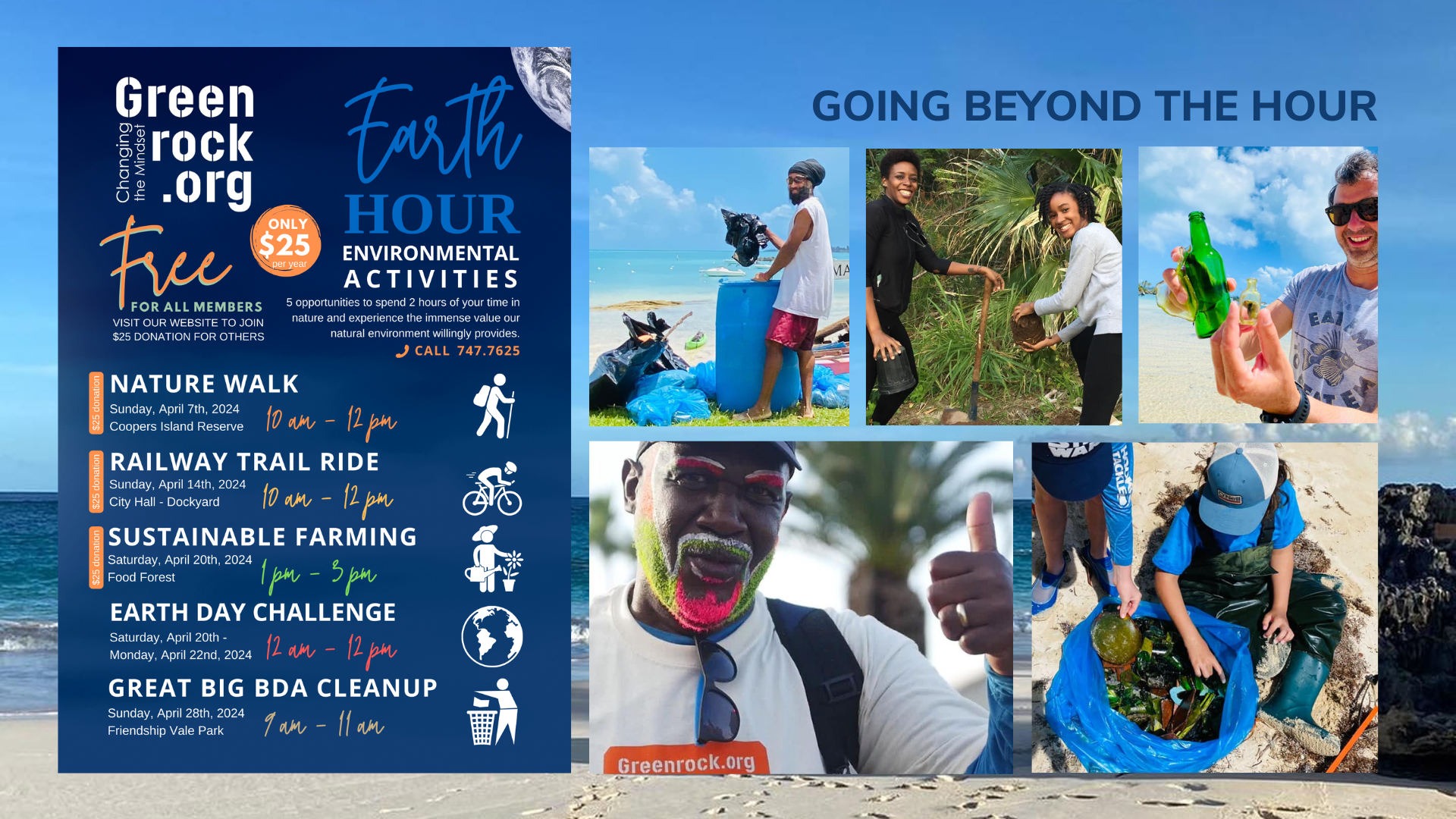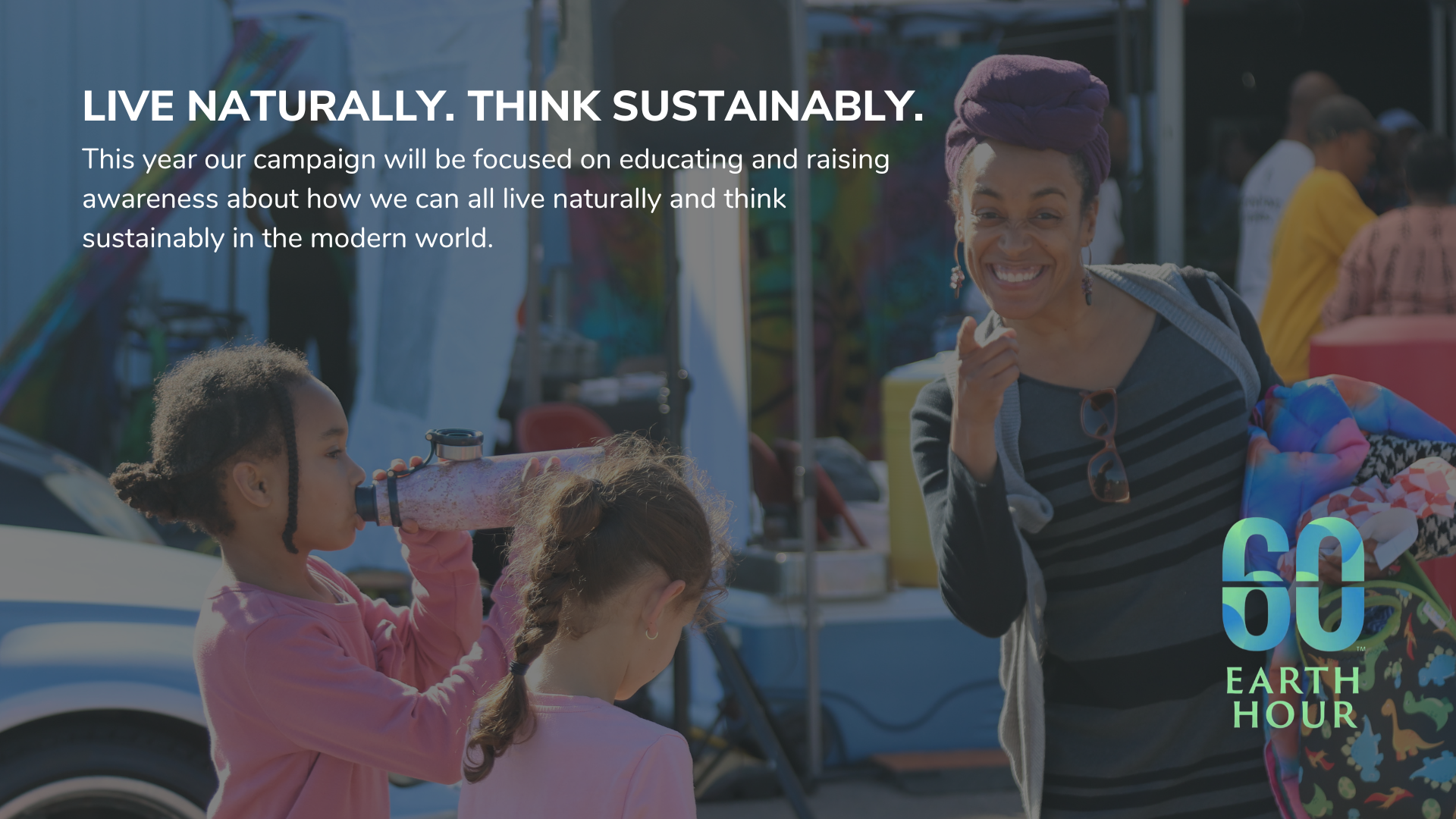If so, the new study “Recycling Gone Bad: When the Option to Recycle Increases Resource Consumption” suggests that you are far from alone.
Most Americans are familiar with the environmental mantra “reduce, reuse, recycle.” Less acknowledged is the fact that these words are placed in that order for a reason. While recycling bins are a landfill-reducing, energy-saving alternative to trash cans, the study proposes that they could also “have an effect on consumption” and be used as an excuse to maintain a disposable, wasteful lifestyle. This is known as a negative “spillover” effect in environmentally responsible behavior, whereby an eco-friendly choice is used to justify another less-than-friendly one. According to the report: “The option to recycle may function as a means of reducing the guilt associated with consuming and disposing of a product, which therefore increases consumption through mitigation of guilt associated with (over) consumption.”
The study’s researchers explored the recycling/consumption connection through “actual behavior” observation in two separate experiments. The first experiment evaluated 44 undergraduate students, all of whom were told that they were testing out a new style of scissors in exchange for college credit. However, the participants were actually being scrutinized on how wasteful they would be if they had the option to recycle the paper used to test the scissors.
Supporting their initial hypothesis, the researchers found the students snipped almost twice the amount of paper when a recycling bin was in the room (as opposed to just a trash can).
“Using measures of actual behavior, experiment one shows that participants used more paper while evaluating a pair of scissors when the recycling option was available (versus not available),” the report stated. “This suggests that the addition of a recycling option can lead to increased resource usage.”
In experiment two, the researchers moved to “a more realistic field setting”: the bathroom. For fifteen days, the weight of unused paper towels was measured at both 7:30am and 10:30pm in a busy men’s university bathroom that had only a trash bin available. The per person daily paper towel usage was computed by dividing the two paper towel weights by the number of restroom users that day (which was monitored by a door-swing counting device). After the trash bin-only data was collected, researchers conducted another 15 days of paper towel measurement in the same university bathroom—this time with the introduction of a large recycling bin and posted signs indicating that towels placed in the bin would be recycled. They found that “consistent with [their] hypothesis, the average daily restroom paper towel usage per person increased after the introduction of a recycling bin.” The researchers calculated that the presence of a recycling bin would drive the use of an additional 12,500 paper towels annually in just that one restroom.
“Merely emphasizing the positive aspects of recycling and enhancing the availability of recycling options may not be sufficient to save natural resources, or at least does not always yield the maximum environmental benefit,” the authors concluded, adding that “an important issue would be to identify ways to nudge consumers toward recycling while also making them aware that recycling is not a perfect solution and that reducing overall consumption is desirable as well.”
Click here for original article.




